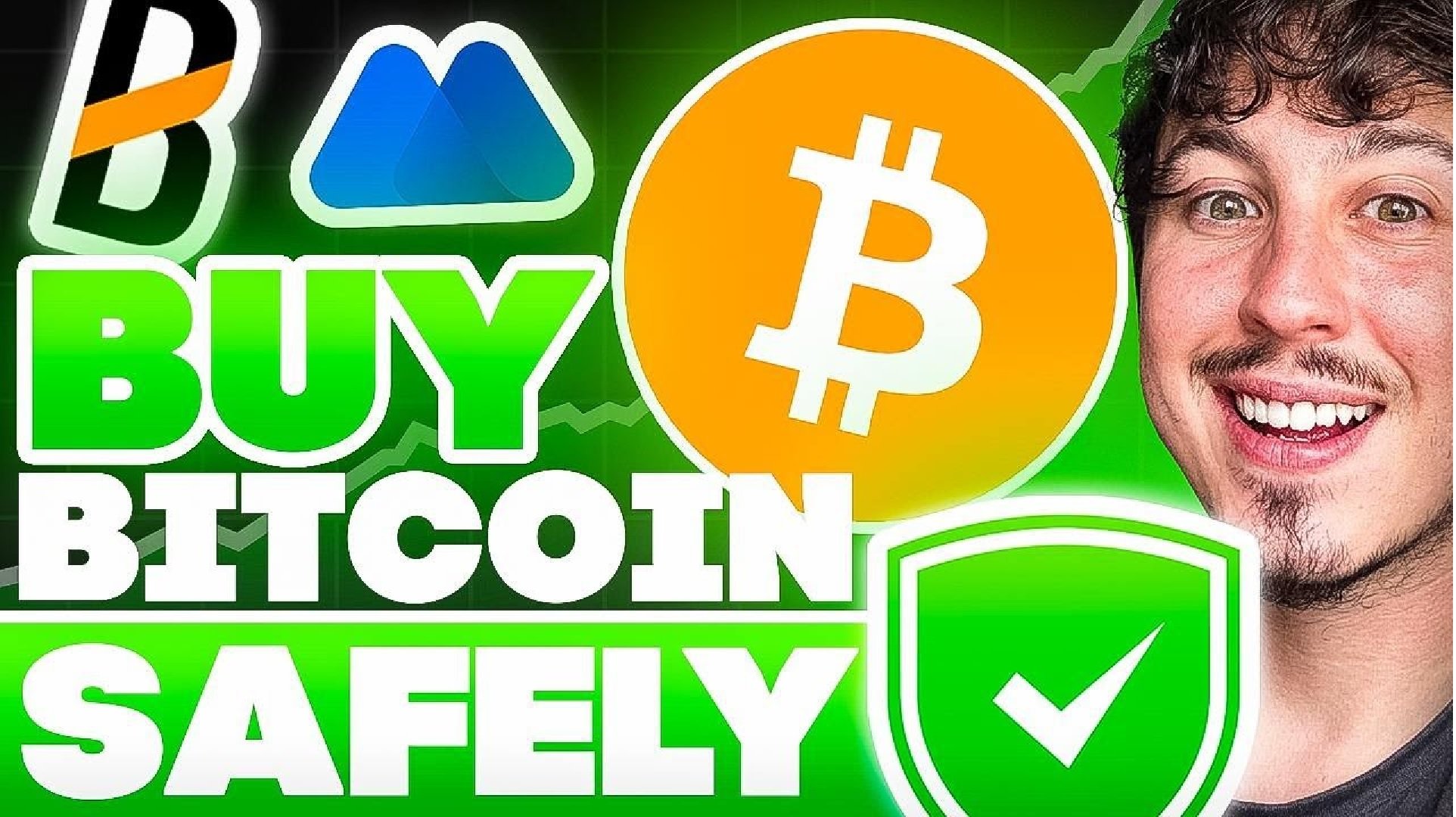Crypto
What is Worldcoin? Unique iris-scanning cryptocurrency backed by ChatGPT CEO Sam Altman- Here’s how it works

The CEO of the revolutionary AI-based chatbot ChatGPT, Sam Altman is reportedly close to initiating the full-throttle launch of another controversial application called Worldcoin. Worldcoin, co-founded by Altman and Alex Bania in 2019 is a unique cryptocurrency that involves scanning people’s irises. It was born with an ambitious vision to give a share of a new digital token to every human being on planet Earth.
Altman recently revealed that he is close to obtaining $100 million for this project Worldcoin with which he aims to revolutionise the field of fintech.
“With more than 1.6 million sign-ups in beta and 500,000+ monthly active World App users, the deployments on the Optimism main net will expand access and help Worldcoin reach a values-aligned ecosystem of developers and users,” the Worldcoin Foundation said in an announcement.
But what is Worldcoin, and how has it managed to raise such a whopping amount of money?
What is Worldcoin?
Worldcoin started with a question, “What if there were a way to freely distribute shares of a new digital token to every person on the planet?” From here on, Worldcoin became a mission and a crypto project that aims to create a global identity and financial network for everyone.
It is an open-source protocol, or system that was created to help give everyone access to the global economy. It was designed to be decentralized, which will make the community of its users the stakeholders of its supervision and decision-making.
It uses a device called an orb that scans people’s irises to prove they are unique and human and rewards them with Worldcoin tokens.
What other tools does Worldcoin come with?
Worldcoin is not a sole unit but a group of powerful tools that will together contribute to the digitisation of currency:
World ID – a privacy-preserving digital identity designed to help solve many important, identity-based challenges including proving an individual’s unique personhood.
Worldcoin Token – the first token to be globally and freely distributed to people, for both utility and future governance, just for being a unique individual.
World App – a fully self-custodial app that enables payment, purchases and transfers globally using the Worldcoin token, digital assets, stablecoins and traditional currencies.
How does Worldcoin work?
It is a fully custodial app that enables payment, purchases and transfers globally using the Worldcoin token, digital assets, stablecoins and also traditional currencies. With the help of World ID’s unique digital identity, the human role can be demonstrated in an online world which can be populated with increasingly advanced artificial intelligence.
Worldcoin developed a device called Orb, which scans the iris of a person to prove their uniqueness and humanness and assigns them a World ID that can be used as a global digital passport.
The scan is converted into a string of numbers known as a hash in such a way that it’s impossible to recreate the scanned image even if the hash is compromised. The Orb sends the iris hash and a hash of the user’s public key to Worldcoin servers. If the person hasn’t signed up before, the hashes are added to the database and the company’s blockchain.
Criticism of Worldcoin
Before this can actually become a more common reality, Worldcoin also faces many challenges and criticisms. Some people are concerned about the privacy and security of their biometric data, and whether it will be used for other purposes. Others question the feasibility and scalability of the project. There is doubt whether it can reach the billions of people who are either unbanked or underbanked.
You can now write for wionews.com and be a part of the community. Share your stories and opinions with us here.

Crypto
Cetus Protocol Relaunches After $220M Hack, Restores Liquidity – Crypto News Bitcoin News

 Cetus Protocol has relaunched just two weeks after a significant hack that compromised its concentrated liquidity market maker pools. Normal Users’ LP Functions to Resume Cetus Protocol, a leading decentralized exchange (DEX) and concentrated liquidity market maker (CLMM) on the Sui and Aptos blockchains, has relaunched just two weeks after a sophisticated hack severely impacted […]
Cetus Protocol has relaunched just two weeks after a significant hack that compromised its concentrated liquidity market maker pools. Normal Users’ LP Functions to Resume Cetus Protocol, a leading decentralized exchange (DEX) and concentrated liquidity market maker (CLMM) on the Sui and Aptos blockchains, has relaunched just two weeks after a sophisticated hack severely impacted […]Crypto
Top Beginner-Friendly Cryptocurrency Exchanges to Use in 2025

The crypto space isn’t short on trading platforms—but most feel like clones, offering the same tired features with little innovation. That’s why a few standout exchanges are turning heads with faster onboarding, smarter interfaces, and actual value for traders who want more than just a place to swap tokens.
Whether it’s uncovering meme coin gems before they pump, accessing AI token markets with low fees, or earning passive rewards without jumping through hoops, these platforms are doing things differently—and they’re worth a closer look.
KCEX
KCEX stands out as a beginner-friendly and low-fee crypto exchange that is quickly gaining traction in the trading community. Known for its ease of use and wide range of trading pairs—including Bitcoin, Ethereum, meme coins, and AI-related tokens—KCEX provides a streamlined experience for both new and experienced traders.
One of its biggest strengths is its extremely low spot and futures trading fees, which can lead to significant savings over time. The platform also supports advanced trading strategies with leverage options that go up to 125x, allowing users to explore more aggressive positions if desired.
KCEX is a globally accessible, no-KYC exchange, making it quick and easy to join, and ideal for those who value privacy and efficiency.
Source – Jacob Crypto Bury on YouTube
MEXC
MEXC is recognized as a highly user-friendly cryptocurrency exchange, making it an excellent choice for both beginners and experienced traders. It offers an intuitive interface with easy access to a wide range of features, including a vast number of trading pairs—possibly one of the highest among major exchanges.
This variety allows users to explore a broad selection of cryptocurrencies for trading. MEXC also frequently provides sign-up bonuses and exclusive rewards, such as USDT vouchers, which users can earn by completing simple actions like registering or making a deposit.
The platform supports straightforward fiat on-ramping through methods like bank transfer, Mastercard, and Visa, further enhancing its accessibility. Despite some regional restrictions, MEXC stands out for its high liquidity, robust security, and long-standing presence in the crypto space.
Best Wallet
Best Wallet has quickly emerged as one of the most intriguing projects in the decentralized finance (DeFi) landscape, offering a sleek, functional, and user-friendly experience that caters to both novice and experienced crypto users.
Designed primarily for mobile, the wallet delivers the look and feel of a polished iOS product, combined with powerful features under the hood. What sets Best Wallet apart is its versatility—it’s a multi-wallet, multi-chain, non-custodial crypto wallet that supports over 60 blockchains.
This level of cross-chain functionality gives users the flexibility to manage a diverse portfolio with ease. Unlike traditional wallets that feel like static storage solutions, Best Wallet behaves more like a full-fledged exchange, enabling seamless swaps, deposits, and portfolio management directly within the app.
Beyond the basics, Best Wallet stands out with its commitment to user insights and early market opportunities. The wallet integrates crypto insights and updates that could help users stay ahead of emerging trends and potentially uncover early-stage alphas.
This intelligence-driven approach makes it more than just a place to store assets—it becomes a tool for smarter investing. The project also boasts a well-structured roadmap that is actively being implemented.
Its growing user base, already in the hundreds of thousands, signals strong traction and rising confidence within the crypto community. Importantly, the team appears highly engaged, especially on social platforms like X (formerly Twitter), where updates and announcements are frequent, further cementing its credibility.
Best Wallet is not just another crypto wallet; it’s a full ecosystem designed for convenience, security, and opportunity. Users interested in combining DeFi tools with intuitive design and anonymous features may find it a powerful addition to their crypto toolkit—provided it’s supported in their region.
Bitunix
Bitunix is emerging as a strong contender in the global crypto derivatives exchange space. Known for its solid team and innovative offerings, the platform provides a competitive trading environment with good liquidity and relatively low fees—though not the lowest in the industry.
One of Bitunix’s standout features is its support for flexible and fixed-term APR options, particularly appealing for users interested in locking in stablecoins like Tether.
Another major benefit is its copy trading function, which allows users to replicate the strategies of experienced traders with proven track records, making it accessible even for beginners. The exchange also excels in fiat on-ramping, supporting popular payment methods such as Visa, Apple Pay, and Google Pay.
The user interface has a distinctly tech-forward aesthetic, although it may appear somewhat cluttered compared to other platforms like MEXC or KCEX. Still, Bitunix offers a robust and user-friendly experience that suits both novice and experienced traders.
This article has been provided by one of our commercial partners and does not reflect Cryptonomist’s opinion. Please be aware our commercial partners may use affiliate programs to generate revenues through the links on this article.
Crypto
Crypto’s Shocking Transformation: How Bitcoin Volatility Plummeted From 400% To 80%

Benzinga and Yahoo Finance LLC may earn commission or revenue on some items through the links below.
Bitcoin’s journey from digital experiment to mainstream investment has been marked by one defining characteristic: extreme price volatility. However, data from NYU Stern’s Volatility Lab reveals a remarkable transformation in how dramatically Bitcoin’s price swings, offering important lessons for today’s investors.
Between 2010 and 2017, Bitcoin experienced volatility that would make even the most seasoned traders nervous. During this period, annualized volatility frequently exceeded 200% and occasionally spiked above 400%. To put this in perspective, traditional stocks typically see volatility between 15-30% annually.
Advertisement: High Yield Savings Offers
Powered by Money.com – Yahoo may earn commission from the links above.
Don’t Miss:
This extreme volatility reflected Bitcoin’s status as an unproven digital asset with minimal institutional backing. Small trading volumes meant that even modest buy or sell orders could trigger massive price swings. News events, regulatory announcements, or technical developments could send prices soaring or crashing within hours.
The 2017 cryptocurrency bubble perfectly exemplified this era. Bitcoin’s price rocketed from under $1,000 to nearly $20,000 before crashing back down, creating the kind of volatility that attracted speculators while terrifying traditional investors.
Following the 2017-2018 market correction, something interesting began happening. Bitcoin’s volatility started declining meaningfully. Between 2018 and 2020, volatility generally ranged between 50% and 150% – still extreme by traditional standards, but a significant improvement from the earlier chaos.
This period coincided with several important developments: major companies began accepting Bitcoin payments, institutional investors started taking notice, and cryptocurrency exchanges became more sophisticated and regulated. These factors contributed to deeper liquidity and more stable price discovery.
Current data shows Bitcoin’s volatility has continued moderating, now typically ranging between 30%-80%. While this remains substantially higher than stocks or bonds, it represents a dramatic evolution from Bitcoin’s early days.
-

 Politics1 week ago
Politics1 week agoMichelle Obama facing backlash over claim about women's reproductive health
-

 Technology1 week ago
Technology1 week agoOpenAI wants ChatGPT to be a ‘super assistant’ for every part of your life
-

 Movie Reviews1 week ago
Movie Reviews1 week agoThe Verdict Movie Review: When manipulation meets its match
-

 West3 days ago
West3 days agoBattle over Space Command HQ location heats up as lawmakers press new Air Force secretary
-

 Finance1 week ago
Finance1 week agoHere's what will boost your feeling of financial well-being the most, researchers say
-

 Technology1 week ago
Technology1 week agoWhy do SpaceX rockets keep exploding?
-

 World1 week ago
World1 week agoTwo killed in Russian attacks on Ukraine before possible talks in Turkiye
-

 News1 week ago
News1 week agoDepartment of Homeland Security lists sanctuary jurisdictions in Northern California


















